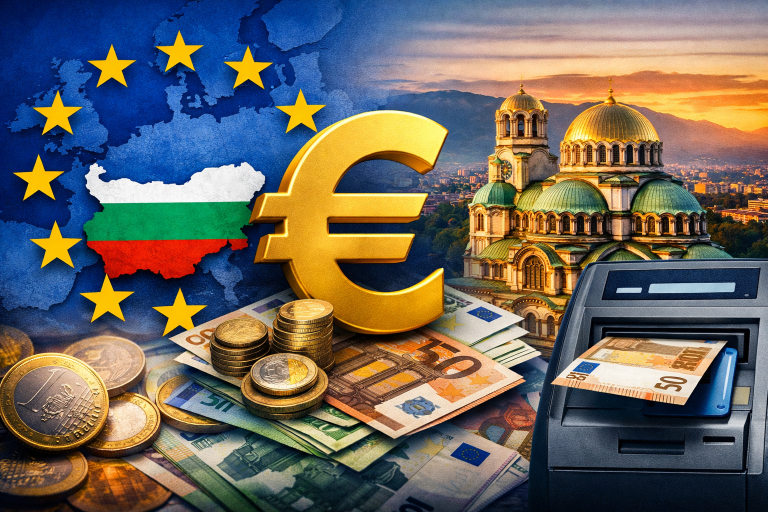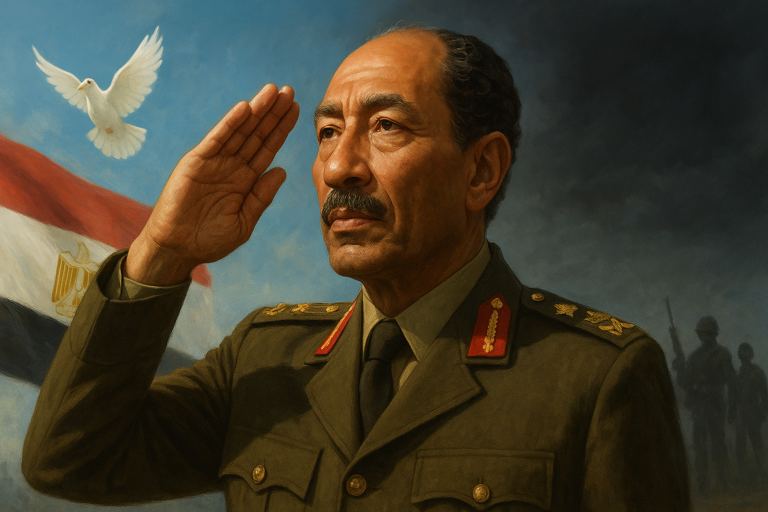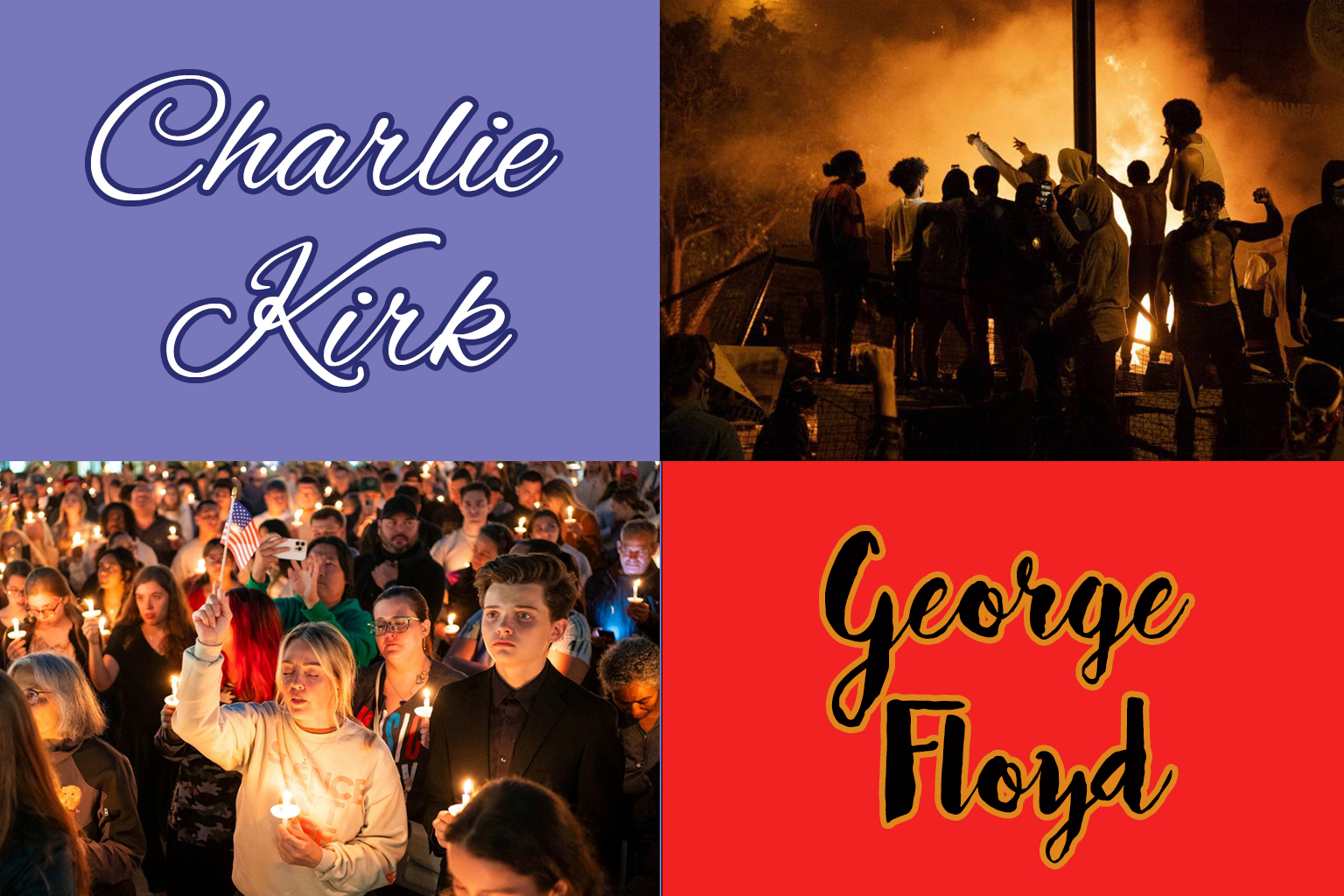
The Price of Double Standards: Private Property vs. Political Narratives
Partisan violence, freedom, and the economy: two cases that divide society between the decent and the indecent.
Partisan violence does not arise in a vacuum: it is the product of political polarization and the abandonment of the basic principles of liberty and individual responsibility. In recent years, two names have symbolized these tensions: George Floyd and Charlie Kirk. Both cases, although very different, reveal how contemporary society responds selectively, fueling a climate of division that not only erodes social trust but also has a profound economic impact.
The Floyd Case and the Burning Streets
On May 25, 2020, George Floyd died in Minneapolis after being subdued by a police officer. He may have committed excesses in his capture after resisting arrest. The scene, captured on video, became a global symbol. The incident sparked outrage against the disproportionate use of police force.
However, the consequences were not limited to a debate about abuse of power. Soon, thousands of demonstrations multiplied in cities across the United States and abroad, resulting in violence, looting, and massive destruction of private property. Entire neighborhoods were paralyzed, working-class businesses burned, and even “autonomous zones” were established, like the CHAZ in Seattle, where for weeks the rule of law did not prevail, but rather the force of armed groups.
The economic implications were devastating:
Billions in insured and uninsured property damage.
The permanent closure of small businesses, many of them owned by minorities, the groups supposedly protecting them.
Disinvestment in urban neighborhoods, where insecurity drove away capital and customers.
Insurance premiums rose, hitting low-income entrepreneurs especially hard.
Paradoxically, in the name of social justice, the economic foundation of the very communities they claimed to defend ended up being undermined.
The Charlie Kirk Case and the Battle of Ideas
Charlie Kirk was the founder of Turning Point USA and, for years, a central figure of young conservatism in the United States. His work focused on conferences, debates, and student organizing. Kirk was neither a public official nor a manager of state funds. His weapon was words, something that leftist politicians disliked.
Even so, the media reaction to him has been harsh. His discourse, critical of Woke culture, which is far removed from progress, and a defender of traditional values, has placed him in the crosshairs of opponents who try to portray him as a dangerous agitator. However, unlike the Floyd case, the demonstrations related to him have not resulted in violence, looting, or urban occupations. His followers organize rallies, prayers, and conferences, exercising their right to free expression within the framework of the law.
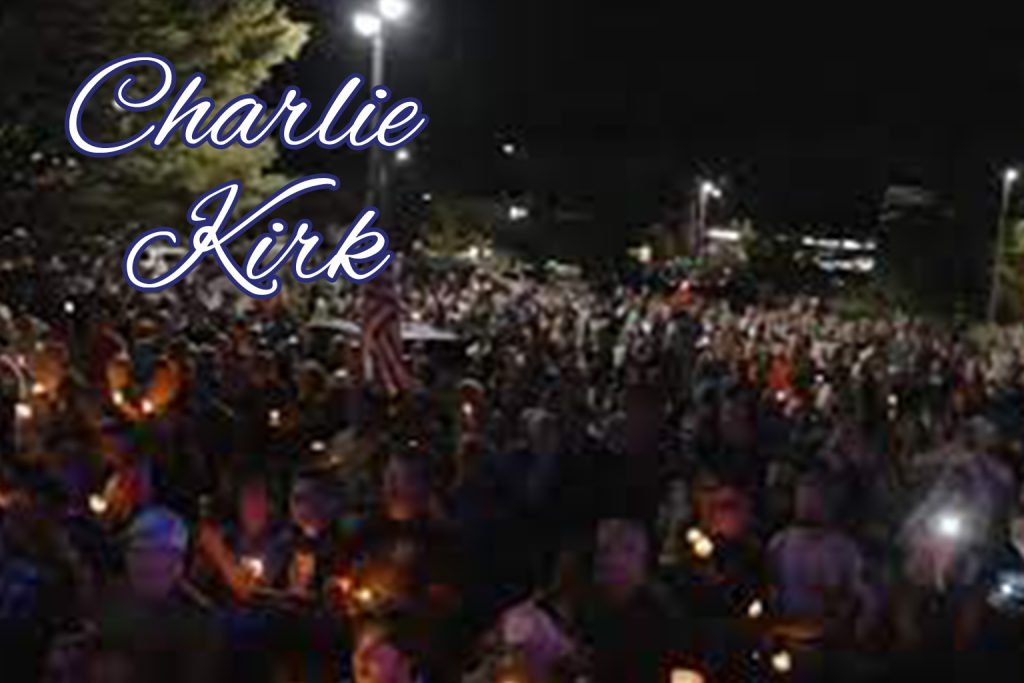
Economically, this contrast is evident:
There was no destruction of private property linked to his activities.
The operation of cities and businesses was not interrupted.
There were no losses of any kind, much less multi-million dollar losses, due to the riots.
However, there was debate and circulation of ideas, which can be uncomfortable, but which are a natural part of a free society.
Here lies an essential difference: while the reaction to Floyd became a negative economic phenomenon with direct costs for citizens, Charlie Kirk’s public presence operated on the level of discursive competition, without a destructive impact on people’s material lives, and on the contrary, it pampered many of the detractors whom he convinced of his ideas.
Double Standards and the Economy of Outrage
The contrast reveals a dangerous double standard. A portion of society is willing to tolerate—and even justify—collective violence when it serves an ideological cause, even the media networks. This permissiveness had measurable costs: in Minneapolis, New York, Portland, and Seattle, damage and looting exceeded historic levels for protests in the US. On the contrary, when it comes to right-wing protests, the media reaction is often exaggerated, even if there are no material consequences.
From our perspective, this double standard is not only a moral injustice, but a direct threat to prosperity. A healthy economic system depends on three pillars: respect for life, property, and the freedom of every person. When destruction is justified in the name of “social justice,” what is really being attacked is the trust that sustains markets, investment, and peaceful coexistence.
Subsequent Events
After Floyd’s death, police officer Derek Chauvin was prosecuted and sentenced as should be the case in a decent society, although it is now questionable whether justice was acted upon under pressure from the media and protests.
The protests subsided over time, but the debate about racism, which truly does not exist in the system, and police justice continued. Politically, this translated into partial reforms and a narrative that continues to shape elections and discourse. Economically, however, many communities never recovered from the losses suffered in those months.
In the case of Charlie Kirk, his figure grew in visibility. His interventions continued to generate controversy, but his political and social environment remained within legal frameworks. There was no economic damage or urban crises linked to his activities, although there was an increase in media polarization caused by left-wing violent groups.
Freedom, Responsibility, and Coherence
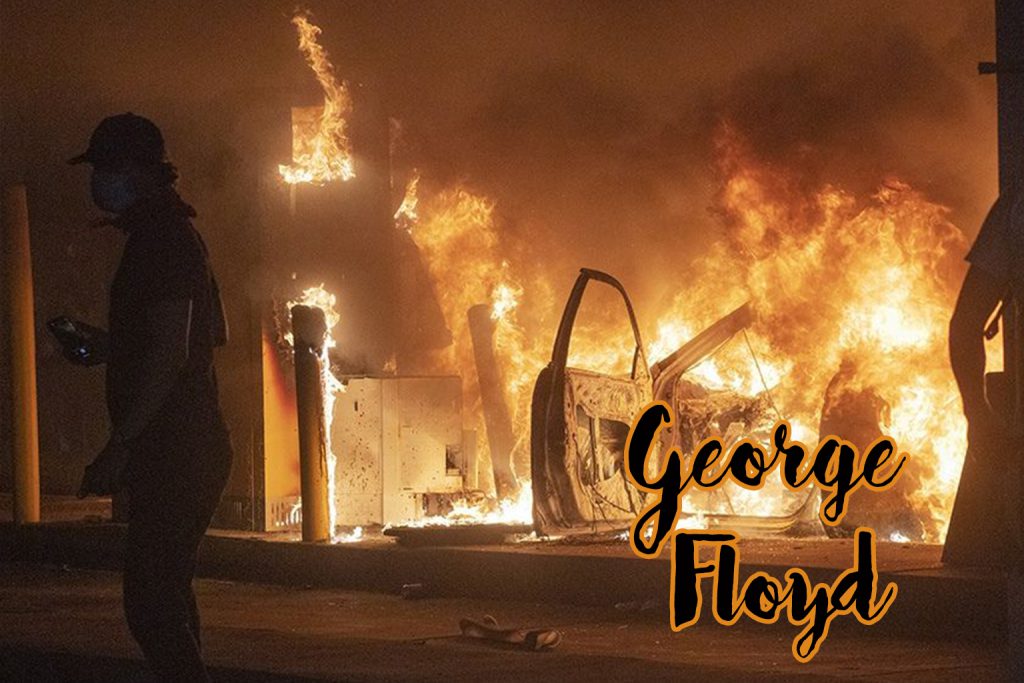
The lesson from both cases is clear: a society that responds selectively to violence erodes its own foundations. Justice cannot depend on whether the protagonist fits the fashionable narrative. Floyd’s death was possibly a reprehensible police act that is now impossible to define, as the trial revealed things like Floyd was a criminal with a police record longer than a freight train and that he was so heavily drugged that that could have been the cause of his death, but the social response resulted in a massive attack on the property and freedom of innocent people. The Charlie Kirk case shows the opposite: he was a family man, a good friend, and a husband whose ideas were debated in public forums, but without resulting in violence or economic loss for others.
Our perspective demands consistency: condemning all abuse, whether it comes from a police officer, an armed criminal, or a mob burning businesses. Defending freedom also implies defending property and personal responsibility. And only under this impartial standard is it possible to rebuild an economic and social order in which prosperity does not depend on the political affiliation of the victims or the accused, but on unrestricted respect for individual rights.


